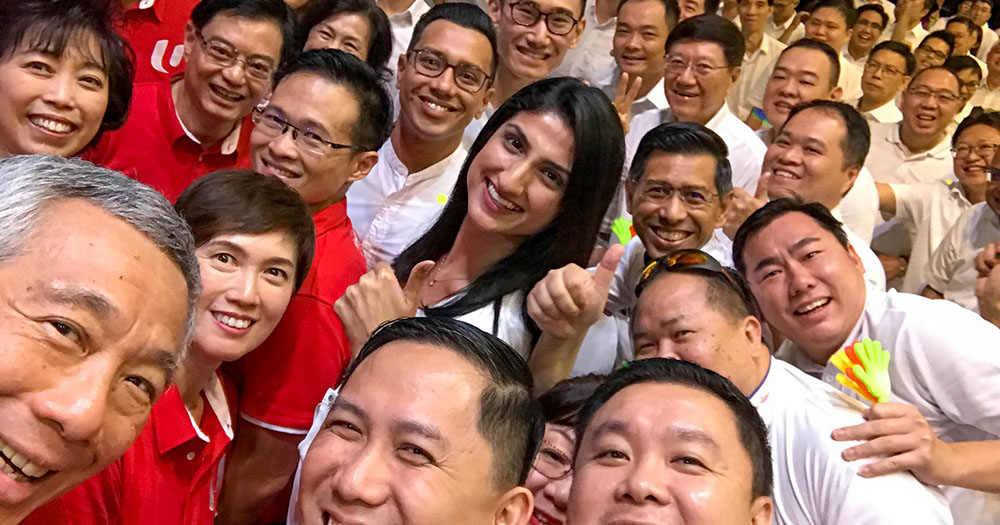
Singapore expects to see slower growth in 2023, but should avoid an outright contraction, Prime Minister Lee Hsien Loong said in his May Day message.
While inflation is still high, there is some hope that it will moderate in the second half, he added.
Meanwhile, unemployment rates have stayed low and retrenchment rates have remained manageable.
Overall, Singapore can be "cautiously optimistic" about its immediate economic prospects, PM Lee highlighted.
Economy continues to recover as it emerges from Covid-19 pandemic
The Prime Minister pointed out that Singapore's economy has continued to recover, following the country's emergence from the Covid-19 pandemic.
In 2022, Singapore's Gross Domestic Product (GDP) grew by 3.6 per cent, he noted.
Sectors that were badly affected by the pandemic are "recovering rapidly", PM Lee stated, with tourism and hospitality establishments back in business.
In addition, passenger traffic at Changi Airport has reached around 80 per cent of pre-pandemic levels, and will rise further as international connectivity is progressively restored, he said.
External environment remains volatile
The external environment remains volatile and fraught with "serious" geopolitical tensions however, according to the Prime Minister.
There is a risk of recessions in Western countries, as central banks continue raising interest rates to dampen inflation. The multilateral trading system is also being progressively undermined by growing nationalist and protectionist sentiments, affecting international trade and cooperation.
At the same time, emerging industries such as in the green and digital domains, and new technologies like artificial intelligence, will disrupt economies around the world, PM Lee highlighted.
Singapore must therefore respond to these trends by adapting and buffering those who are adversely affected, he added.
"Singapore’s survival depends on us staying open and doing business with the world," he said.
This means continually transforming Singapore's industries, enhancing existing capabilities and building new ones as the country moves into growth markets, the Prime Minister elaborated.
While this will cause disruptions to some existing jobs, it will simultaneously create new jobs with better prospects for the future, he said.
Singapore is making good progress on training and upgrading workers
PM Lee then said that he was "happy" to see that Singapore's worker training and upgrading programmes are progressing well.
These initiatives are helping many workers to upskill and reskill, to be ready to seize opportunities in the new economy.
Employers are also making the effort to maximise the potential of their workforce, he added, by providing training opportunities and encouraging their workers to take them up.
"More and more employers are accommodating the changing needs of workers, such as by implementing flexible
work arrangements and redesigning jobs for older workers."
Such moves help to retain talent and improve productivity.
As for the government, it has made progress uplifting vulnerable workers via the Progressive Wage Model.
https://mothership.sg/2023/04/pm-lee-may-day-message/



